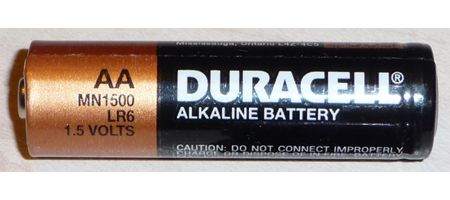An ingenious study has found that online shoppers – often thought to be motivated primarily by cost – are, in fact, often willing to pay extra to buy from vendors with strong privacy policies.

Indeed, when shopping online for batteries, study participants were happy to pay 59 cents more of their own money for batteries that came from such a website.They made significantly more purchases from sites rated ‘high privacy’ (47.4 percent) than those rated ‘no privacy’ (5.6 percent).
The Carnegie-Mellon team asked participants to search for and purchase products online using the search engine shopping interface. They were randomly assigned to three groups: one which didn’t see any privacy meter icons associated with the search engine results; one which saw the icons, but was told that they related to ‘handicap accessibility’ – irrelevant to most – and one which saw the icons and were correctly told that they indicated the degree of privacy protection offered by the website.
Participants were paid to make online purchases with their own credit cards. Each would receive $45 to cover the cost of the purchase, and as an incentive to shop smartly, were allowed to keep the change. They also received a $10 reward for participation.
They were told to buy an eight-pack of Duracell AA batteries – and also a vibrating sex toy, the ‘Pocket Rocket Jr’. The products had an average cost of $15 per item, and were available from a variety of real websites with diverse privacy policies.
Because participants used their own credit cards to pay for the products, their personal information was exposed to real merchants during the study.
When shopping for batteries, participants who saw the icons representing privacy protection made significantly more purchases from the ‘high privacy’ site than those in the no privacy indicator condition or those in the irrelevant indicator condition.
For the sex toy purchases, participants in the privacy information condition bought a third of purchases from the high privacy site. Those who didn’t know which sites gave the best privacy protection didn’t buy anything from the high-privacy sites.
“Our study indicates that when privacy information is made more salient and accessible, some consumers are willing to pay a premium to purchase from privacy protective websites,” say the authors.






